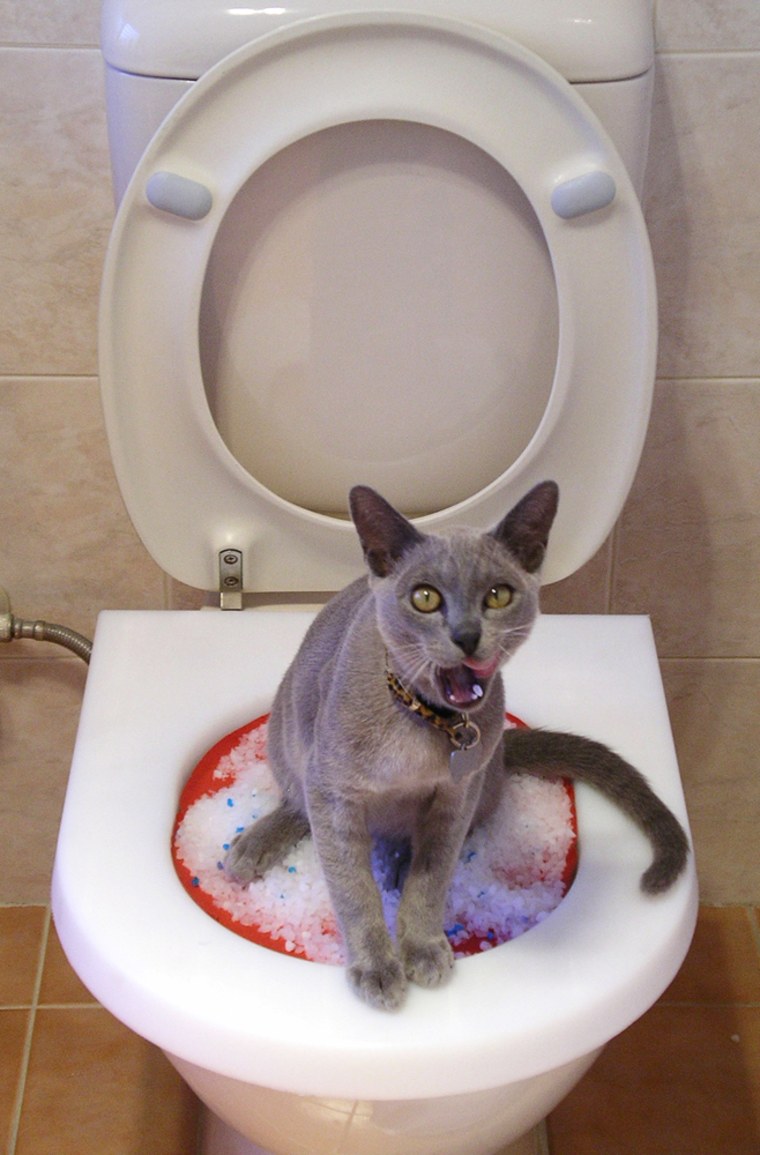Prevent Toilet Disasters: Don't Flush Cat Poop Down Your Toilet - Expert Advice
Prevent Toilet Disasters: Don't Flush Cat Poop Down Your Toilet - Expert Advice
Blog Article
How do you feel when it comes to Don’t flush cat feces down the toilet?

Intro
As cat proprietors, it's necessary to bear in mind how we take care of our feline pals' waste. While it may seem hassle-free to flush feline poop down the commode, this method can have destructive repercussions for both the setting and human health.
Ecological Impact
Flushing feline poop presents hazardous virus and parasites right into the water, presenting a significant threat to marine environments. These contaminants can negatively impact aquatic life and concession water high quality.
Wellness Risks
In addition to environmental concerns, flushing feline waste can additionally position health and wellness threats to humans. Feline feces might have Toxoplasma gondii, a parasite that can cause toxoplasmosis-- a possibly serious ailment, particularly for expecting ladies and people with damaged body immune systems.
Alternatives to Flushing
Thankfully, there are much safer and extra responsible ways to deal with feline poop. Think about the adhering to choices:
1. Scoop and Dispose in Trash
One of the most common method of throwing away pet cat poop is to scoop it right into an eco-friendly bag and toss it in the garbage. Make sure to utilize a committed litter scoop and get rid of the waste immediately.
2. Usage Biodegradable Litter
Go with eco-friendly pet cat clutter made from products such as corn or wheat. These trashes are environmentally friendly and can be safely gotten rid of in the trash.
3. Bury in the Yard
If you have a lawn, think about burying cat waste in a designated area away from vegetable gardens and water resources. Make certain to dig deep adequate to stop contamination of groundwater.
4. Set Up a Pet Waste Disposal System
Purchase a family pet waste disposal system specifically designed for pet cat waste. These systems make use of enzymes to break down the waste, reducing smell and ecological effect.
Final thought
Responsible pet possession prolongs beyond offering food and shelter-- it likewise includes correct waste monitoring. By avoiding flushing pet cat poop down the commode and selecting alternative disposal methods, we can decrease our ecological footprint and protect human wellness.
Why Can’t I Flush Cat Poop?
It Spreads a Parasite
Cats are frequently infected with a parasite called toxoplasma gondii. The parasite causes an infection called toxoplasmosis. It is usually harmless to cats. The parasite only uses cat poop as a host for its eggs. Otherwise, the cat’s immune system usually keeps the infection at low enough levels to maintain its own health. But it does not stop the develop of eggs. These eggs are tiny and surprisingly tough. They may survive for a year before they begin to grow. But that’s the problem.
Our wastewater system is not designed to deal with toxoplasmosis eggs. Instead, most eggs will flush from your toilet into sewers and wastewater management plants. After the sewage is treated for many other harmful things in it, it is typically released into local rivers, lakes, or oceans. Here, the toxoplasmosis eggs can find new hosts, including starfish, crabs, otters, and many other wildlife. For many, this is a significant risk to their health. Toxoplasmosis can also end up infecting water sources that are important for agriculture, which means our deer, pigs, and sheep can get infected too.
Is There Risk to Humans?
There can be a risk to human life from flushing cat poop down the toilet. If you do so, the parasites from your cat’s poop can end up in shellfish, game animals, or livestock. If this meat is then served raw or undercooked, the people who eat it can get sick.
In fact, according to the CDC, 40 million people in the United States are infected with toxoplasma gondii. They get it from exposure to infected seafood, or from some kind of cat poop contamination, like drinking from a stream that is contaminated or touching anything that has come into contact with cat poop. That includes just cleaning a cat litter box.
Most people who get infected with these parasites will not develop any symptoms. However, for pregnant women or for those with compromised immune systems, the parasite can cause severe health problems.
How to Handle Cat Poop
The best way to handle cat poop is actually to clean the box more often. The eggs that the parasite sheds will not become active until one to five days after the cat poops. That means that if you clean daily, you’re much less likely to come into direct contact with infectious eggs.
That said, always dispose of cat poop in the garbage and not down the toilet. Wash your hands before and after you clean the litter box, and bring the bag of poop right outside to your garbage bins.
https://trenchlesssolutionsusa.com/why-cant-i-flush-cat-poop/

As an avid person who reads on How to Dispose of Cat Poop and Litter Without Plastic Bags, I imagined sharing that excerpt was a good thing. Do you know about someone else who is serious about the niche? Take a moment to promote it. I am grateful for your time. Visit again soon.
Call Today Report this page